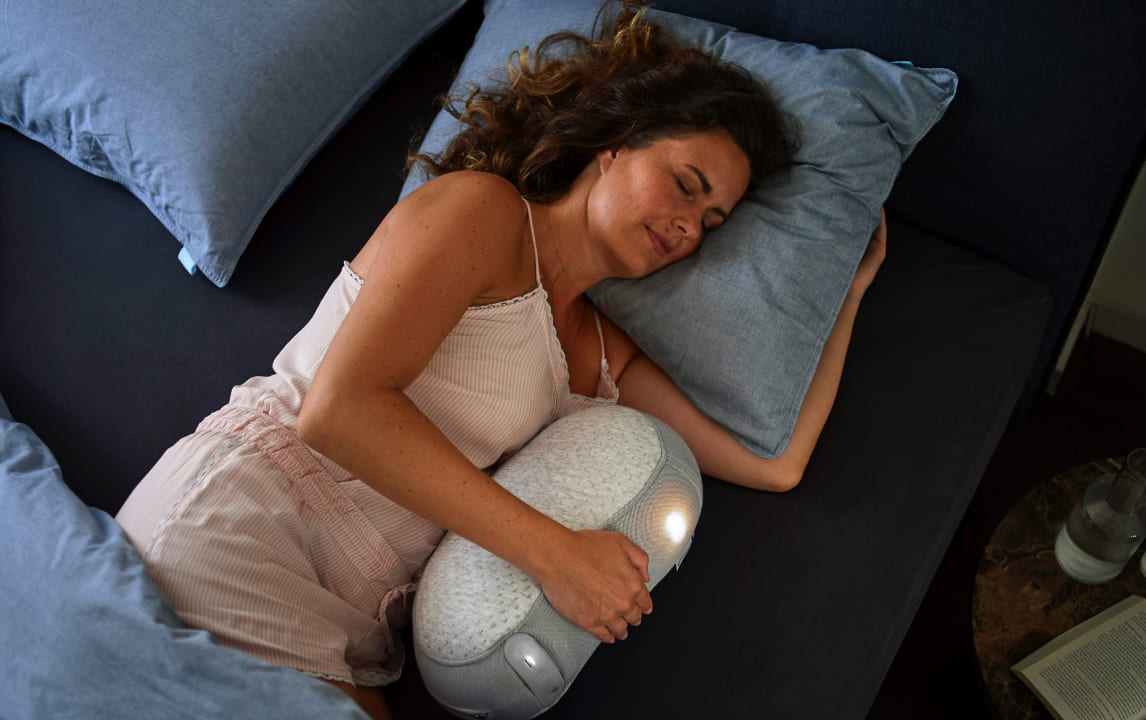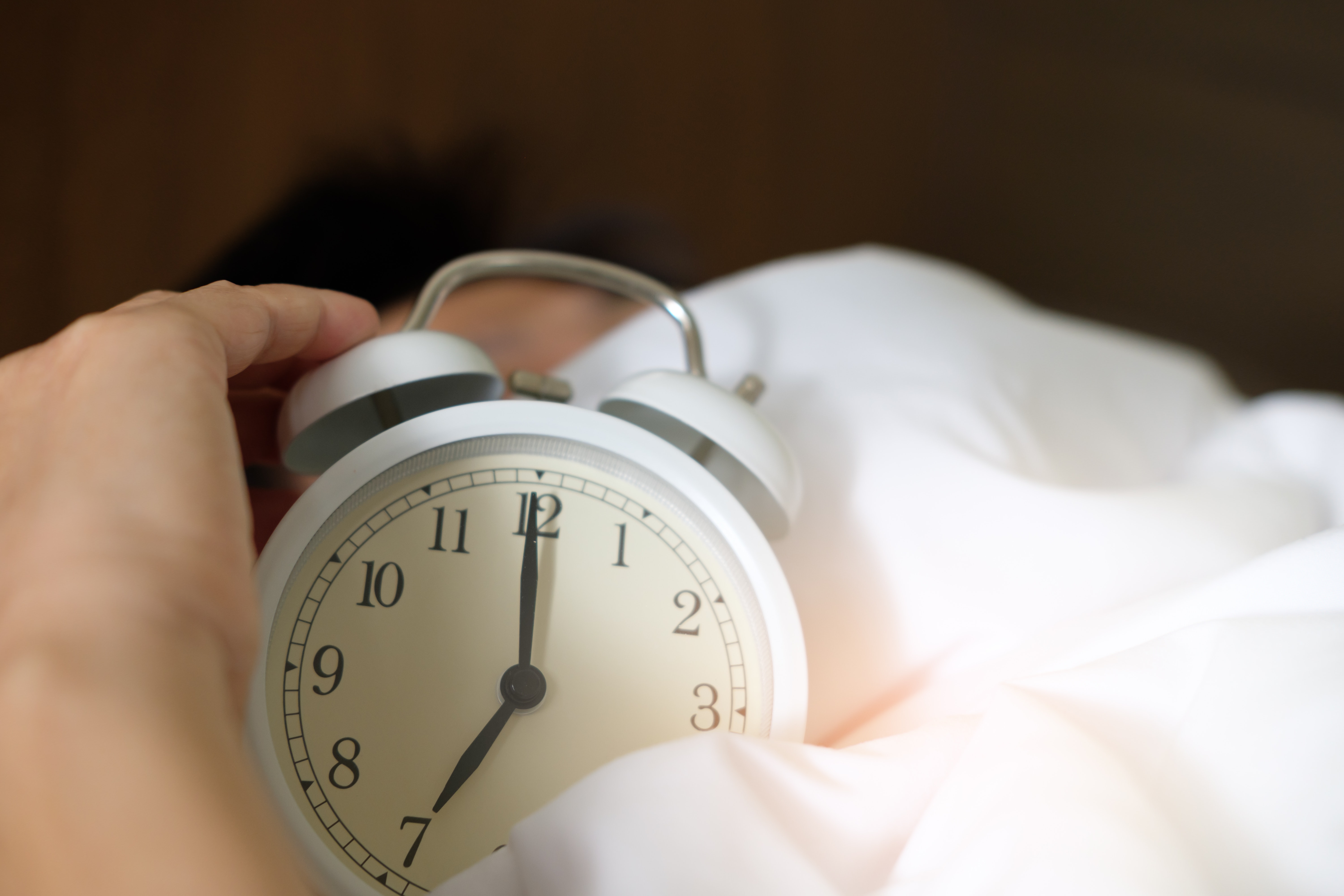*As an Amazon Associate I earn from qualifying purchases. This post contains affiliate links. If you want to buy sth related to health, lifestyle, daily necessities, you can get products at:https://amzn.to/4b4NAiT
Tossing and turning at night? Tired of waking up after only a few hours of sleep? It can be hard to wind down some nights, especially if you’re working late at night, or feeling overwhelmed by too many responsibilities. As a result, you may spend the night staring at the ceiling, pacing up and down the room.
At this time, if you start listening to soothing or relaxing music, you’ll fall asleep faster and wake up feeling more rested.

Why Does Soothing Music Affect Sleep?
Several studies have shown that soothing music can promote sleep because of its effect on the regulation of hormones, including the stress hormone cortisol. High stress and elevated cortisol levels can increase alertness and lead to poor sleep. Listening to soothing music stimulates the release of dopamine, reduces cortisol levels, which helps to relax and soothe the autonomic nervous system.
Many people who sleep poorly associate their bedrooms with depression and insomnia. Music can counteract this effect, distracting people from worrying or anxious thoughts and promoting the relaxation needed to fall asleep.

What Soothing Music Can Promote Sleep?
There’s no clear consensus on the best soothing music for sleep. People have their own musical preferences and choose songs that relax them or help them sleep. However, we can design and have better music playlists to improve our sleep.
One factor to consider when choosing soothing music is rhythm. The tempo or speed at which music is played is usually measured in beats per minute. The music chosen in most studies is around 60-80 BPM. Because the normal resting heart rate is between 60 and 100 BPM, it is often assumed that the body might synchronize to slower music.
If you don’t want to design your own playlist, you can choose music that helps you sleep or relax, such as classical or piano tracks that focus on a calming style, at the top of the music recommendations list.

How to Sleep with Soothing Music?
Soothing music can help improve sleep hygiene and health. But there are a few things you need to be aware of when you fall asleep with soothing music at night.
1. Develop a regular sleep schedule
A regular sleep schedule is good for your health, and will give your body enough time to wind down and enjoy the soothing feeling of music in a calm and consistent way.
2. Choose soothing music you like
Whether it’s a playlist you designed or recommended, just choose music that you like. Everyone has different tastes and feelings about music, so try switching between different types of music to find what works best for you.
3. Avoid music that is too fast or intense
Listening to neutral or positive music is best when trying to fall asleep. Remember not to choose music that is too fast or too intense, this will make you more excited and even more sleepless.
4. Play music on a stereo or speaker
If you have a stereo or speaker, it’s best to use them to play music. You can put them on the nightstand. Headphones and earplugs are not recommended, as they may cause damage to the ear canal during sleep.

Conclusion
Soothing music can relieve anxiety and quiet a racing mind, which usually causes sleep disorders. Listening to soothing music between 60 and 80 beats per minute for 30-45 minutes each night before bed can help people fall asleep faster, sleep more soundly, and feel more refreshed the next morning.









